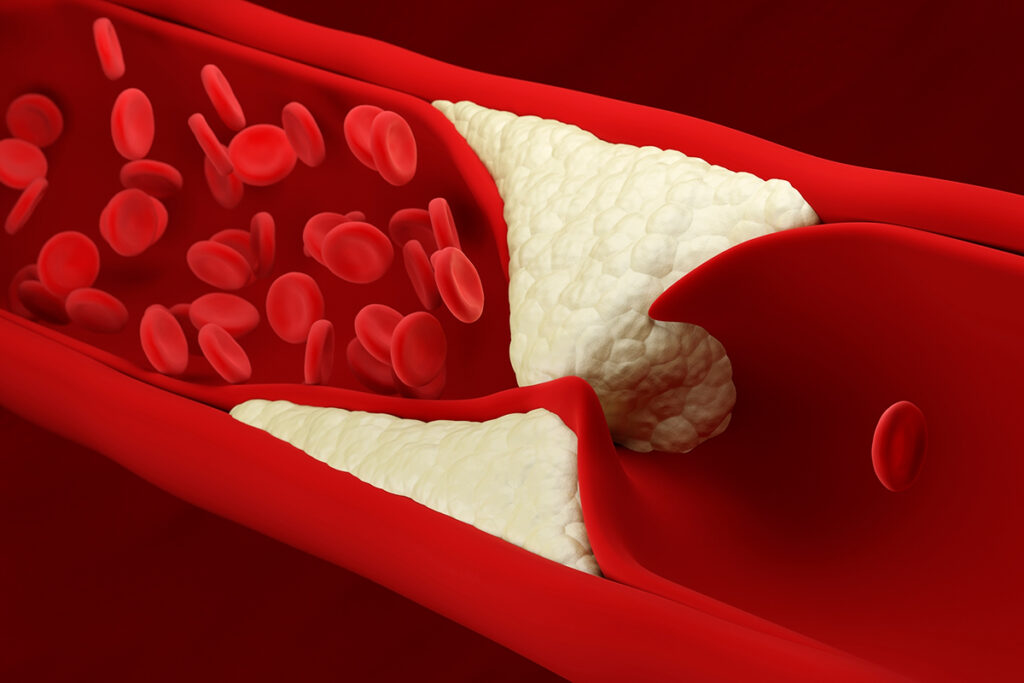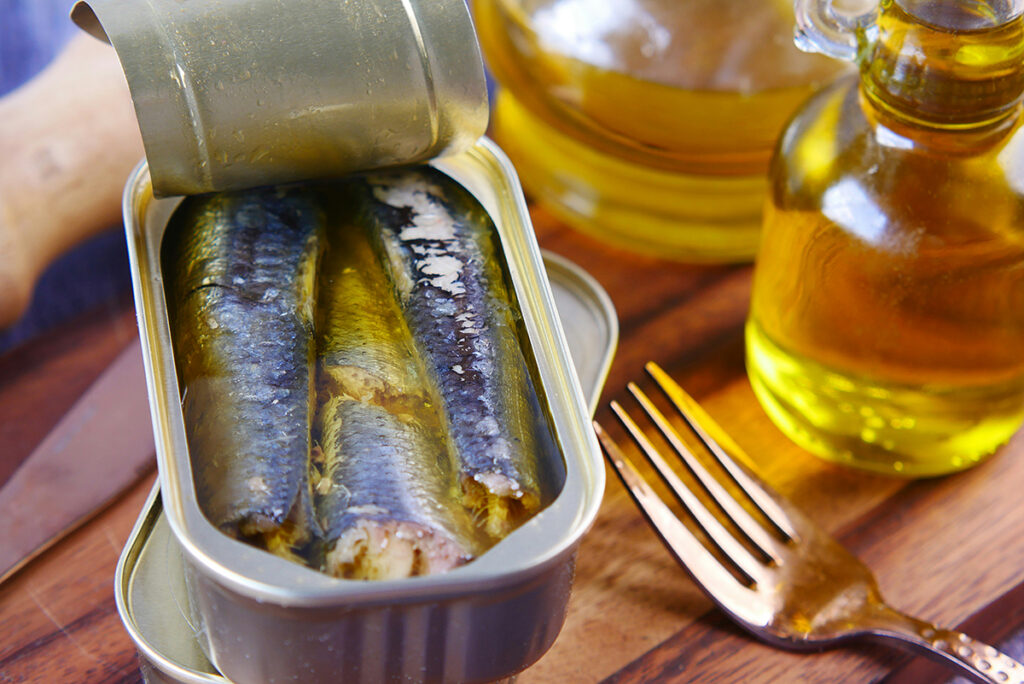Eggs contain antioxidants (carotenoids), which prevent atherosclerosis, promote excess cholesterol removal, and reduce the risk of cardiovascular disease. Scientists from the University of Connecticut have shown the mechanisms by which regular consumption of chicken eggs reduces the risk of atherosclerosis in young, healthy people:
- increases the number of antioxidants that protect against oxidative stress and neutralize the molecules that cause atherosclerosis;
- amplify the process of removing excess cholesterol from the body;
- improves the composition and function of various lipoprotein fractions.
Study Design
The study involved 38 healthy men and women aged 18 to 30 with normal and overweight. The body mass index (BMI) of participants ranged from normal weight (18.5 < BMI < 25) to overweight (25 ≤ BMI ≤ 29.9). The study lasted 14 weeks and took place in several stages. In the first 2 weeks, all participants did not eat chicken eggs. Then every 4 weeks, the number of eggs in the diet was increased by one and in the last month of the study was 3 eggs per day. The experiment used eggs weighing 57-64 grams (the first category). The subjects were allowed to eat cooked eggs at any time of the day. In addition to eating eggs, study participants stuck to their regular diet and dietary habits. After each dietary phase, participants gave fasting blood and underwent a physiological examination. According to the blood test results, the scientists observed changes in the parameters of the lipid metabolism of the participants.
Research Results
The participants’ blood cholesterol profile improved with regular consumption of eggs.
The qualitative composition of low-density lipoproteins (LDL), which contribute to the development of atherosclerosis, changed. The danger is represented by small oxidized LDL particles, which are toxic to the walls of blood vessels, easily penetrate inside, and cause and maintain inflammation:
- The level of LDL in blood plasma has not changed. However, the concentration of large LDL particles, which are less susceptible to oxidation, increased: from 21% with one egg per day to 37% with three eggs per day. An earlier study showed that increasing the concentration of large particles of LDL reduces the risk of cardiovascular disease.
The composition and functions of high-density lipoproteins (HDL) changed, which are responsible for removing excess cholesterol and preventing atherosclerotic inflammation of the walls of blood vessels, being a mode of transport for antioxidants and carotenoids:
- Increased HDL levels by 5% with 1 egg per day and 7% with 2 and 3 eggs per day.
- The concentration of HDL large particles increased from 6% with 1 egg to 13% with 3 eggs per day. An earlier study showed that large HDL particles reduce the risk of cardiovascular disease.
- The ability of a single HDL particle to absorb and excrete increased amounts of cholesterol improved. This mechanism is implemented using the apolipoprotein A1 (ApoA1) protein, which is part of the HDL complex. The concentration of ApoA1 increased in blood plasma from 9% with the use of one egg to 15% with the use of 3 eggs per day.
- The antioxidant capacity of HDL increased due to the increase in the concentration of ApoA1. Additionally, the antioxidant capacity of HDL increased due to an increase in the concentration of another apolipoprotein, ApoA2, which prevents HDL oxidation and promotes the removal of excess cholesterol. Not every HDL particle contains ApoA2, but those particles in which it is present exhibit greater antioxidant activity. Plasma levels of ApoA2 in study participants increased by 11% when eating two or more chicken eggs per day.
- The ability of the HDL particle to capture and retain cholesterol molecules was improved by increasing the activity of the corresponding HDL protein (lecithin-cholesterol acyltransferase). Protein activity increased from 5% with one egg per day to 15% with three eggs per day.
The content of antioxidants and anti-inflammatory molecules in the blood of participants increased with the regular use of chicken eggs:
- The content of a protein (paraoxonase 1) increased, which protects LDL particles from oxidation, has an anti-inflammatory effect, and enhances the movement of cholesterol into HDL. Moreover, the low activity of this protein is considered the best indicator of the risk of cardiovascular disease. Eating three chicken eggs per day increased paraoxonase 1 activity in participants by 9-16%.
- The content of carotenoids (lutein and zeaxanthin) in blood plasma increased. Zeaxanthin prevents the oxidation of LDL, HDL, and their proteins (antioxidant activity), neutralizes free radicals and reduces inflammation. Lutein also protects against oxidative stress and inflammation, reducing the risk of atherosclerosis and coronary heart disease. Unlike vegetables and fruits, lutein and zeaxanthin found in eggs are much easier for the body to absorb because they contain fat and no fiber. Regular consumption of two or three chicken eggs per day increased the content of lutein and zeaxanthin in participants’ blood plasma by 20-31%.
Conclusions
Regular consumption of chicken eggs by healthy young people improves the lipid profile of the blood plasma and increases the levels of antioxidants and carotenoids. All these factors prevent the development of atherosclerosis and reduce the risk of cardiovascular disease.
Useful article, necessary information? Share it!
Someone will also find it useful and necessary:



